‘Gas is the ultimate backstop’: energy market operator says fossil fuel needed in green transition
In an exclusive interview with Sky News, Australian Energy Market Operator chief executive Daniel Westerman said gas would be essential to ensure the reliability of the eastern grid.
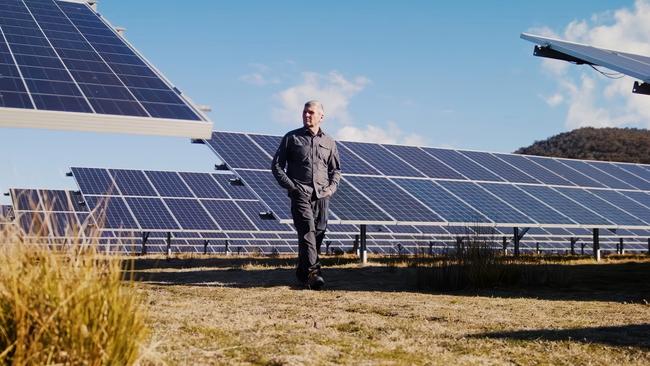
The man charged with delivering Labor’s pledge to source 82 per cent of electricity from wind, solar and hydro power by 2030 says natural gas will be the “ultimate backstop” for keeping the lights on because weather-dependent generators can’t deliver consistent power.
Australian Energy Market Operator chief executive Daniel Westerman told Sky News that gas would be essential to ensure the reliability of the eastern grid to 2050 and beyond, as the cost of trying to cover long periods of low wind and solar generation without it would be prohibitive.
Mr Westerman’s comments are the latest signal that the Albanese government’s plan to more than double green electricity generation in the next six years is built on a backbone of fossil fuel.
“We will have batteries, we’ll have pumped hydro,” Mr Westerman said. “But we’ll have times, like we’ve seen earlier this year, where there’s not much wind and there’s not much sun, and the gas-fired power stations are really required to back up the reliability of the grid. They’re there as the ultimate backstop.”
This jars with the rhetoric of Climate Change and Energy Minister Chris Bowen, who last year told delegates to the world’s climate summit that “fossil fuels have no ongoing role to play in our energy systems”.
It also comes as two of Australia’s biggest gas producers warn that looming shortages on the east coast will be hard to fill, as the industry grinds to a halt in NSW and Victoria in the face of hostility to exploration and development.
The grid’s decarbonisation road map shows that, even in 2050, 15 gigawatts of gas will be needed for the eastern National Electricity Market to operate securely. That is enough to power 15 million homes, or about half the current peak demand. As wind and solar generation cannot form a reliable electricity system without gas, the fossil fuel’s role is more backbone than back-up.
Mr Westerman also warned of gas shortages as early as next year, which could lead to blackouts.
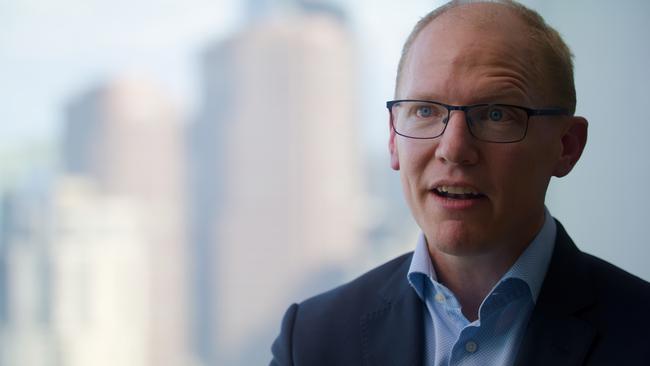
“Our latest outlook says … there is a risk of peak-day shortfall,” he said. “So that means sometimes when it’s really cold we might not have enough gas to provide our gas-fired power stations. And then a risk of structural, longer-term shortages from 2028 onwards.”
Liquefied natural gas exports from Queensland’s coal-seam fields came under fire as gas prices soared in the wake of Russia’s invasion of Ukraine. There were demands from NSW and Victoria for it to be reserved for domestic use but the shortages in those states are largely a result of their historic hostility to exploration and development.
Victoria had a moratorium on all onshore gas exploration for a decade, and permanently banned fracking and coal-seam gas extraction. In NSW, Santos has been trying to develop a gas project at Narrabri for a decade and has hit another legal hurdle.
Both states and the federal government are now backing gas development but producers say the change of heart has come too late to avoid near-term shortfalls.
Woodside chief executive Meg O’Neill said energy companies went where they were welcome.
“It’s hard to make a long-term investment decision when you have 10 years of history saying you’re not welcome,” Ms O’Neill said.
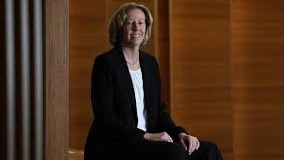
Santos chief executive Kevin Gallagher said the demonisation of gas had put the economy in a “precarious” position, “because we’re not getting new supply coming in at a rate at which we need it”.
“And so you get this contest in between meeting offshore export obligations and providing enough gas for the domestic market, and all solutions then are higher cost,” Mr Gallagher said.
Woodside owns half the Bass Strait oil and gas joint venture that supplies about 40 per cent of Australian east coast domestic gas demand. Ms O’Neill said the partners were “trying to just squeeze as much gas out of the fields as we possibly can to maximise recovery”.
“You know, that’s good for us as a business,” she said. “It’s good for the state as our customers. But to do anything more material, it’s a five-plus-year lead time.”
Mr Gallagher said that, given the chequered history of the Narrabri project, he could not put a deadline on when it would start producing but, at best, it would be in two years.
Both chief executives were bemused by the fact that two energy-rich states were now building LNG import terminals.
“It doesn’t seem logical to me that we would support using gas as the energy source, just not from Australia,” Mr Gallagher said. “The easiest solution is just to develop the gas beneath your feet.”
The Real Cost of Net Zero premieres on Sky News on Tuesday 19 November at 8pm AEDT. Stream at SkyNews.com.au or download the Sky News Australia app.

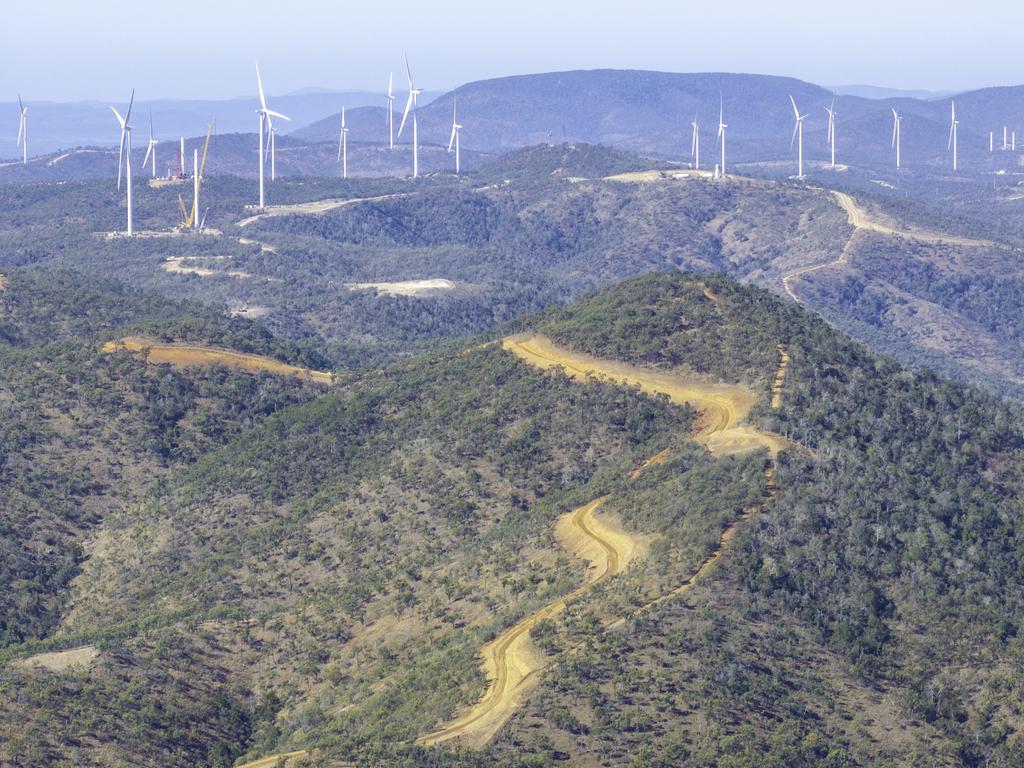
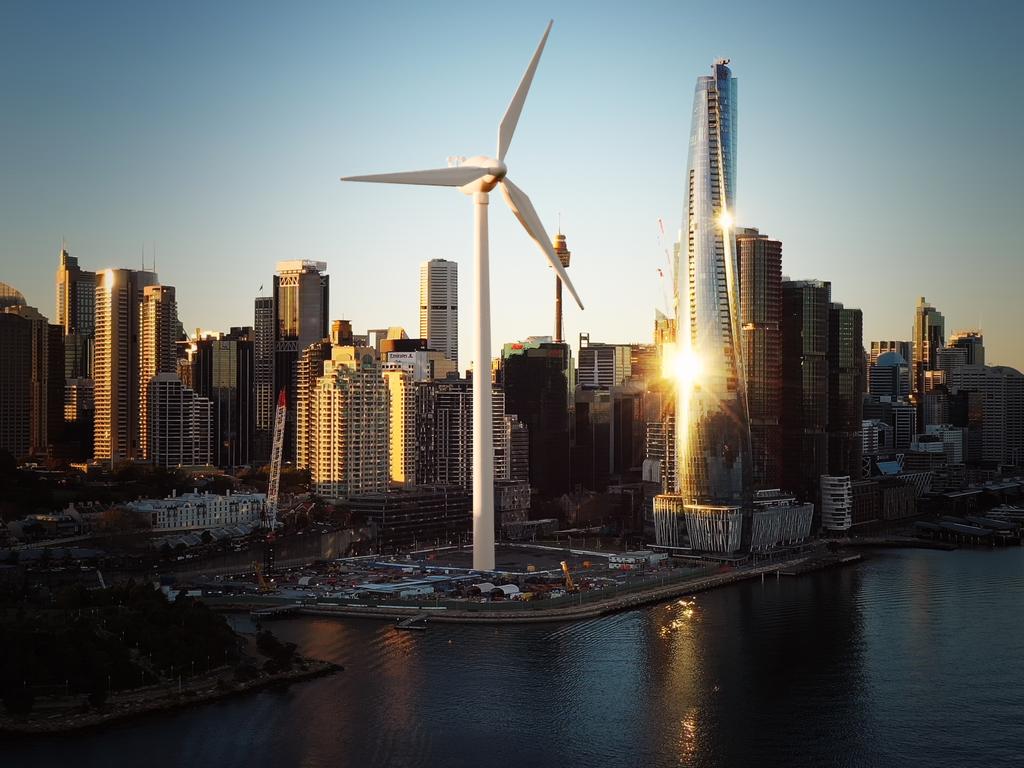


To join the conversation, please log in. Don't have an account? Register
Join the conversation, you are commenting as Logout